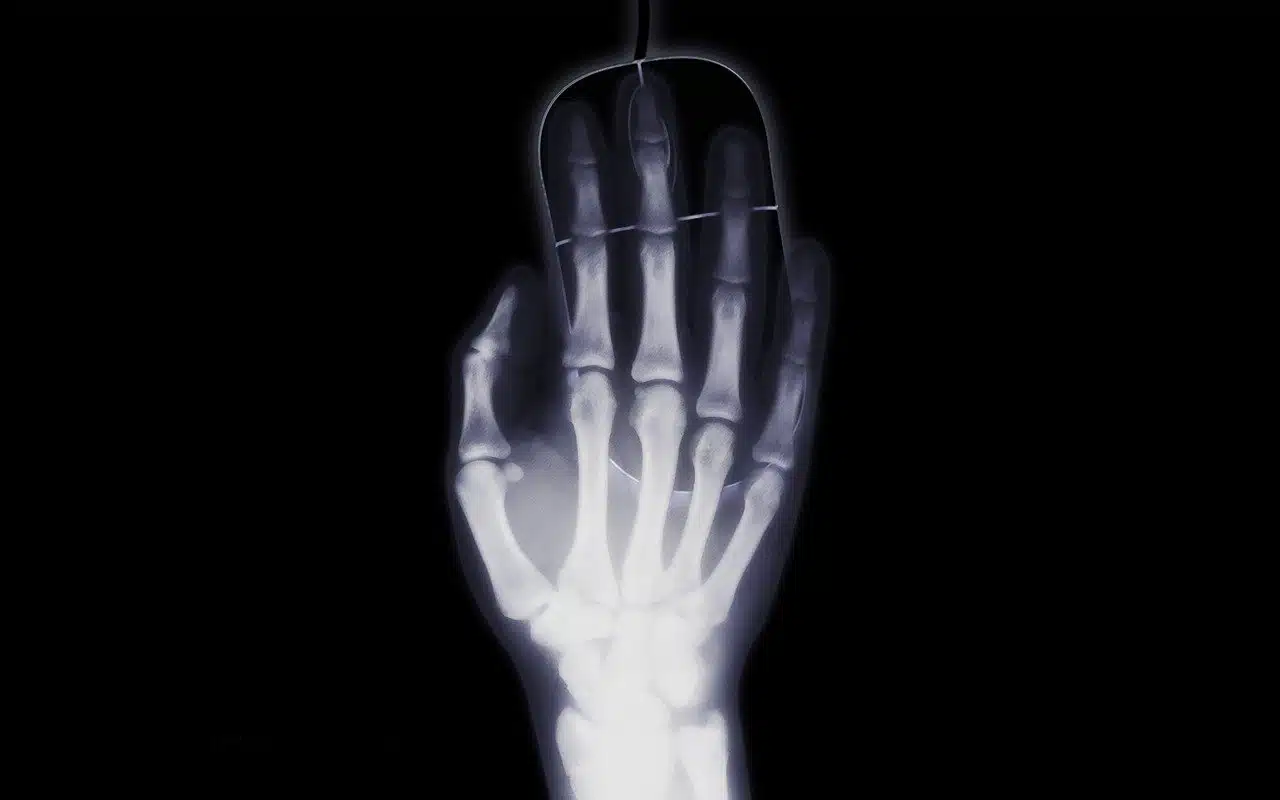
The emission of energy is known as radiation.
Types of radiation
Electromagnetic radiation is the propagation of energy through the combination of oscillating electric and magnetic fields. The electromagnetic spectrum is known as the energy distribution of electromagnetic waves, which range from gamma rays (whose wavelength is measured in picometers) to radio waves (with wavelengths that can be measured in kilometers).
Corpuscular radiation consists of the propagation of subatomic particles that move at high speed in a wave-like manner. These particles can be charged or discharged from an electrical point of view. Solar radiation , meanwhile, is the set of electromagnetic radiation that the Sun emits and that determines the temperature on Earth .

Solar radiation comes from the Sun.
ionization
Ionizing radiation , for its part, propagates enough energy to ionize matter. This means that ionizing radiation produces ions and removes electrons from the atom -bound state.
X-ray generators and particle accelerators are examples of ionizing radiation. It is important to keep in mind that ionizing radiation produces effects on living matter. That is why it can be used for radiotherapy treatments in oncology , for example.
Ionizing radiation can also be harmful to living beings, since excessive exposure to this type of radiation can cause poisoning and interfere with the cell division process.
The dangers of electromagnetic radiation
Various organizations have been pointing out for years the terrible consequences that the excessive and irresponsible use of devices that base their operation on electromagnetic radiation, such as mobile phones, can have, especially among younger people.
Mobile phones are considered by many to be a potential danger to our health ; So much so, that some scientists claim that it is not necessary to be making a call for it to cause harm, but it is enough to have them close to the body. On the other hand, mobile phone stations pose a similar threat.
Among the serious consequences of contact with microwaves from cell phones is the overheating of the cells in the area of the brain closest to the antenna (which today is "invisible" to the user, since it is located inside the device. ), the breakage of chromosomes, alterations in the pressure of the arteries of the brain during the use of the device, problems falling asleep, acute headaches and coronary problems.
On the other hand, most mobile phone users do not know that these devices have an automatic emission enhancer, which adjusts the intensity of the wave depending on its distance from the antenna (also called "cell"); In other words, every time someone makes a call from a point with poor coverage, they receive the highest doses of radiation.
For the authors of the numerous complaints about the danger of this technology, it is alarming that companies and governments do not inform people about these issues; On the contrary, they allow them to put their health at risk without even being aware of it.
Needless to say, among the reasons why the risks associated with the use of certain devices are hidden are the interests of large companies. But it is essential to highlight that one of the diseases that electromagnetic fields can cause is cancer . It is difficult to imagine life in the city without computers, televisions, household appliances and mobile phones; However, its use, as well as exposure to telephone antennas and high voltage towers, is undeniably dangerous to health.
